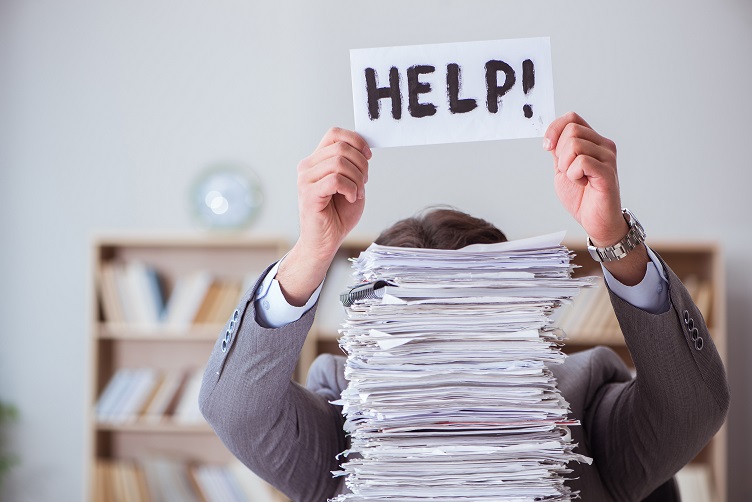Coronavirus – what are your rights to time off and sick pay?
As the coronavirus pandemic continues to develop, the UK is beginning to see significant disruption to travel, public events and the economy.
For employees, there are a number of important issues to consider, whether it's restrictions on travel to and from work, or questions around sick pay during self-isolation and any ill health.
Here, we look at what you need to know, and how your employee rights may be affected.
Your rights relating to time off for COVID-19 ("coronavirus") related reasons:
If you are sick, or if you self-isolate by choice, or have been advised to do so by a medical professional (NHS 111 or your GP)
The Government has confirmed that employees are entitled to Statutory Sick Pay from the first day of absence. If your contract of employment provides for enhanced sick pay, you would be entitled to be paid accordingly.
If you are fine to work, but your employer tells you to stay away
Provided that you are willing and able to work, you are entitled to be paid your normal pay if asked not to attend work in order to control the spread of conoravirus. If you work varying hours, or earn commission, the average of your last 12 weeks earnings should be used to determine your entitlement.
If your contract gives your employer the right to 'lay off' staff, you may not be entitled to be paid.
Similarly, if your contract provides for no guarantee of hours (a zero hours contract), then again there may be no right to be paid during any period of enforced absence.
If you have to stay off work to help someone suffering from coronavirus
The starting point is that you do not have a statutory right to take leave unless you are caring for a dependant. There is no statutory right to be paid for time off in these circumstances, although your contract may provide for enhanced provisions governing time off and pay. An alternative might be to request the time off as annual leave, for which you are broadly entitled to be paid.
Actions to consider taking in order to protect yourself
- Get as much information from your employer as possible
Ask for clarity around their absence management and pay policies. Given the exceptional circumstances facing the UK at the moment, many employers are choosing to relax their normal policies and procedures.
- Be proactive
If you have any concerns that you may be at risk of contracting coronavirus or if you are feeling unwell, you should seek advice from your employer immediately and follow public health guidelines issued by the NHS.
Ask whether it is possible to work from home to minimise the risk of any reduction of pay. Offer to hold meetings online in order to avoid unnecessary travel or contact.
- Communicate honestly with your employer
If you start to feel unwell or have been advised to self-isolate, tell your employer immediately so that they can consider which measure they recommend for you to follow.
Guidance has been issued by various agencies, organisations and government departments. It is important to recognise that this is a rapidly evolving set of circumstances and one which requires continuous review. Acas offers regularly updated advice for employees here: www.acas.org.uk/coronavirus
Disclaimer: this article is for guidance only and should not be taken as a substitute for legal advice.


